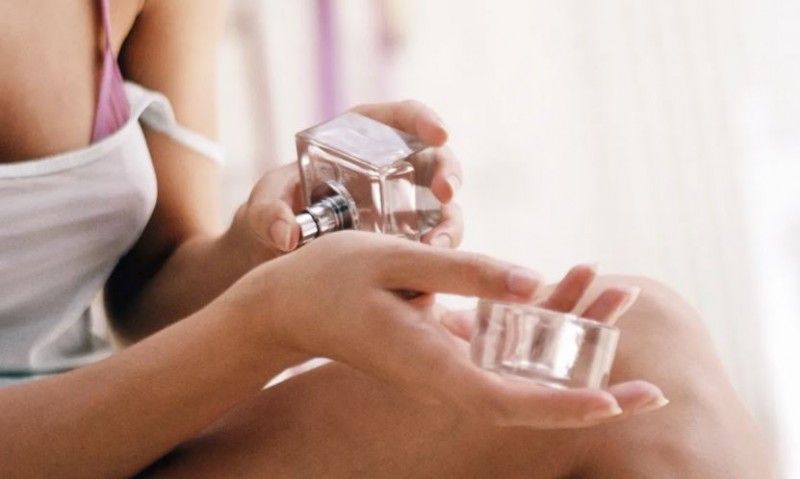
Perfume is a ubiquitous part of personal grooming routines, valued not only for its pleasant fragrance but also for the confidence boost it provides. However, the application of perfume requires careful consideration to prevent potential health risks associated with its chemical composition.
Perfumes typically contain a blend of chemicals, including alcohol and various fragrant compounds. While these chemicals contribute to the perfume's scent and longevity, they can also pose risks to skin health, especially when applied to sensitive areas or compromised skin.
Sensitive Areas to Avoid
One of the critical aspects of safe perfume application is to avoid sensitive areas of the body. These include:
Face and Eyes: Perfume should never be sprayed directly onto the face or near the eyes. The sensitive skin around the eyes can react adversely to the chemicals in perfume, leading to irritation, redness, or even more severe reactions in some individuals.
Injured or Irritated Skin: Areas of the skin that are injured, irritated, or sunburned should be avoided when applying perfume. The alcohol and other chemicals in perfume can exacerbate existing skin conditions, causing discomfort or prolonging the healing process.
Underarms: While some individuals apply perfume to their underarms, it's crucial to be cautious. The skin in this area is particularly sensitive, and the chemicals in perfume can cause irritation or contribute to conditions like contact dermatitis.
Areas with Open Wounds or Cuts: Perfume should never be applied to areas with open wounds, cuts, or scratches. The chemicals can enter the bloodstream through these openings, potentially causing infections or other health complications.
Precautions for Safe Application
To minimize the risks associated with perfume application, consider the following precautions:
Patch Test: Before using a new perfume extensively, perform a patch test on a small area of skin. Apply a small amount of perfume and wait 24 hours to check for any signs of allergic reactions or skin irritation. This simple step can help prevent more significant issues if you are sensitive to any of the perfume's ingredients.
Post-Shave Sensitivity: Avoid applying perfume immediately after shaving, especially if you have sensitive skin. Shaving opens up pores and exposes the skin, making it more susceptible to irritation from perfume chemicals. Wait until your skin has settled after shaving before applying perfume.
Hygiene Practices: Keep perfume bottles clean and tightly closed when not in use. This prevents contamination and maintains the fragrance's integrity over time. Avoid storing perfume in places where it might be exposed to direct sunlight or extreme temperatures, as this can alter its composition.
Application Techniques: Perfume is best applied to pulse points where the skin is warmer and blood vessels are closer to the surface. Common pulse points include the wrists, neck, behind the ears, and inside elbows. Applying perfume to these areas enhances the fragrance's longevity without overloading the skin or risking adverse reactions.
While perfume enhances personal grooming and can boost confidence, responsible application is crucial to avoid potential health risks. By understanding which areas of the body are sensitive to perfume and taking appropriate precautions, individuals can enjoy the benefits of fragrance without compromising their skin health. Always prioritize skin safety when incorporating perfume into your daily routine to ensure a positive and pleasant experience.
Ginger: The Spice of Life, But Beware of its Excessive Consumption
These 5 Home Remedies Will Prevent Fungal Infections
What is the Chandipura Virus? Know the Latest Outbreak in Gujarat